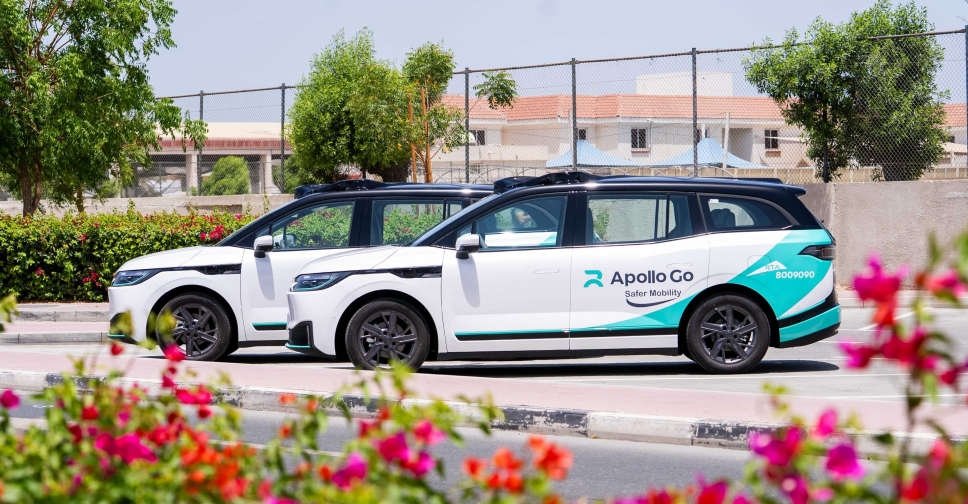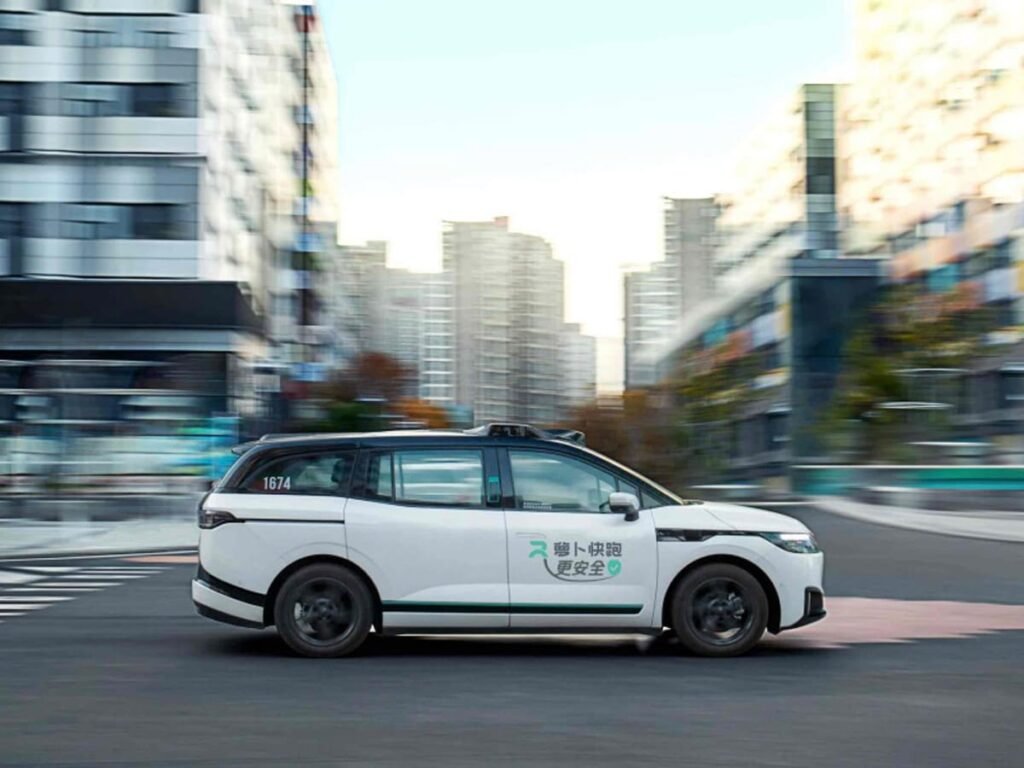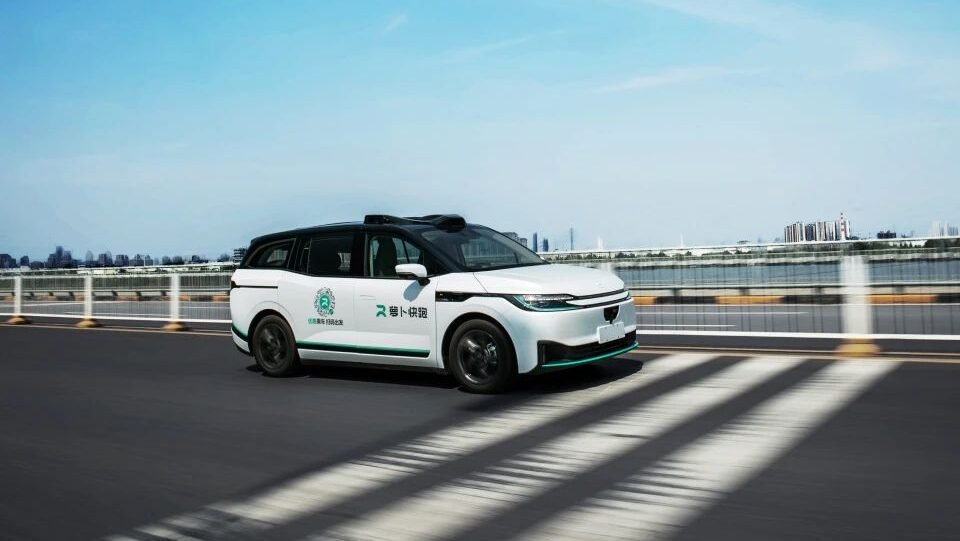Dubai is getting ready to take a major step into the future of transport. By the end of this year, the city plans to introduce 100 self-driving taxis on its roads, making it the first in the region to deploy autonomous vehicles at this scale. These cars, which can drive without a human behind the wheel, are part of a big plan to turn Dubai into one of the smartest cities in the world.
The project is led by Dubai’s Roads and Transport Authority (RTA), in partnership with Cruise, a company backed by General Motors. Together, they’ve been working on testing and preparing the vehicles to safely drive around Dubai’s streets.
What Makes These Taxis So Special?
These aren’t ordinary cars with just some fancy tech. They are fully autonomous, which means they’re designed to handle everything—steering, braking, and navigating traffic—all by themselves. Each vehicle comes equipped with sensors, cameras, and powerful software that helps it understand the road and make smart driving decisions.

Passengers will be able to book rides using a mobile app, just like they do now with other ride-hailing services. But the difference is, there won’t be a driver waiting for you. Instead, a driverless car will pull up and take you where you need to go.
For those who may feel nervous about hopping into a car without a driver, the RTA says safety is a top priority. The vehicles are being tested under real-world conditions to make sure they perform well in different traffic situations. They’re also built to handle emergencies and make safe choices on the road.

Where Will They Be Available First?

To start, the taxis will mainly operate in certain parts of the city—particularly in areas with controlled traffic and good infrastructure. One of the first places where these self-driving cars will be seen is Jumeirah, a popular beachfront district known for its wide roads and organized layout.
This limited launch is part of a testing phase. Officials want to closely monitor how the cars behave in everyday conditions, how passengers react to them, and how well they work within the city’s larger transport system. Based on the results, the service will gradually expand to other areas of Dubai in the years to come.
Eventually, the goal is to make 25% of all transport in Dubai autonomous by 2030. That includes not just taxis, but also buses, trams, and even delivery vehicles. The launch of these 100 self-driving taxis is a big step toward that vision.
A Cleaner and Smarter City
One of the biggest advantages of self-driving taxis is their potential to reduce pollution. Since these vehicles are electric, they produce zero emissions. That’s a big win for Dubai’s efforts to promote clean energy and protect the environment.
They also promise to cut down on traffic accidents, most of which are caused by human error. With smart AI systems handling the driving, there’s less chance of speeding, distracted driving, or other risky behaviors.
In addition, autonomous vehicles can help reduce traffic jams. They can communicate with each other and adjust speeds in real time to keep traffic flowing smoothly. That means fewer delays and more efficient transport for everyone in the city.
What Passengers Can Expect
Taking a ride in a self-driving taxi will feel a bit like riding in the future. Passengers will still have full control over their journey through an app. They’ll be able to choose pick-up and drop-off points, monitor their ride in real-time, and even adjust temperature or music settings inside the car.

The cars will have voice assistant features to guide passengers and answer questions. And if something goes wrong or passengers feel uncomfortable, they can immediately contact customer support or end the ride.
Dubai’s RTA is also working on making sure the cars are accessible to everyone—including people with disabilities. Features like ramps, voice assistance, and easy-to-reach controls will be part of the vehicle design.
Is Dubai Ready for Self-Driving Cars?
Bringing self-driving taxis to the streets isn’t just about cool technology. It also requires smart city planning. Roads need to be clearly marked, traffic signals must work in sync with vehicles, and people need to get used to seeing driverless cars on the road.
Dubai has already taken big steps in this direction. It has smart traffic lights, AI-based surveillance, and a strong digital infrastructure—all of which help support the rollout of autonomous vehicles.
Still, there will be challenges. From legal rules to insurance issues and even public trust, the RTA says it is working closely with different government bodies to make sure everything is in place before the full rollout begins.
A New Era for Urban Travel
With the launch of these 100 self-driving taxis, Dubai is making a bold statement: the future is now. What was once just a dream or a scene from a sci-fi movie is becoming real, right here in the Middle East.
This move not only puts Dubai on the map as a global leader in transport innovation, but also shows how technology can be used to make life safer, easier, and more eco-friendly.
As more cities around the world watch closely, Dubai is speeding ahead—proving that when it comes to smart cities and futuristic travel, it’s ready to lead the way.
Also read: teamLab Phenomena Abu Dhabi Is Now Open to the Public














